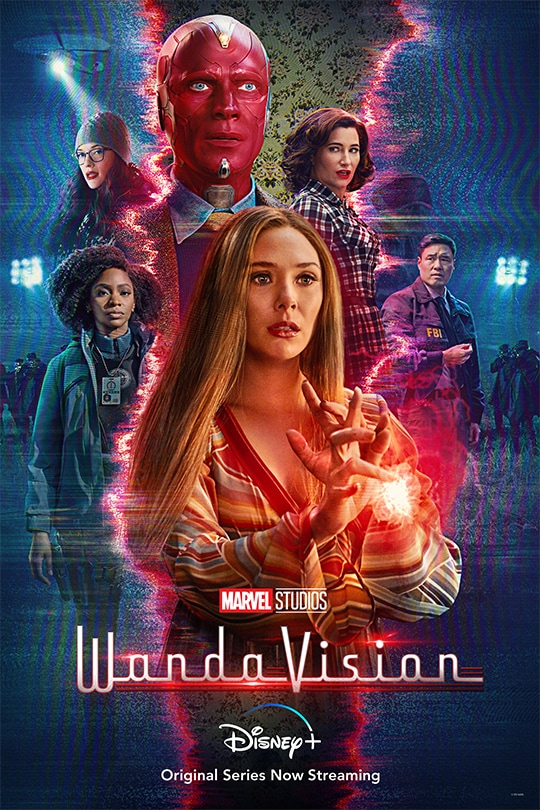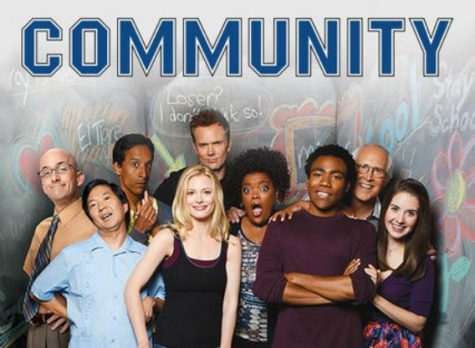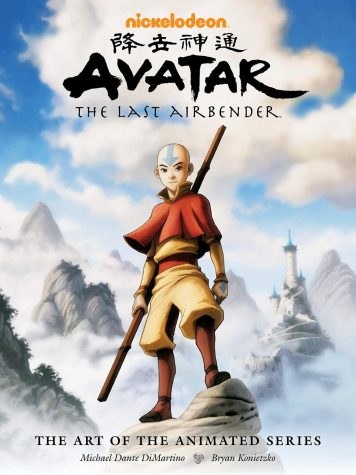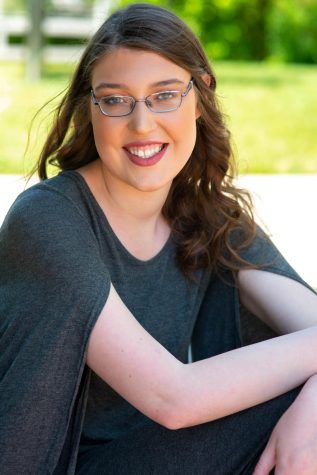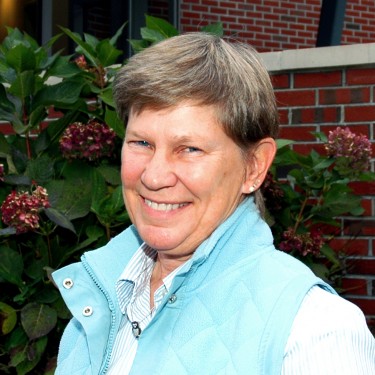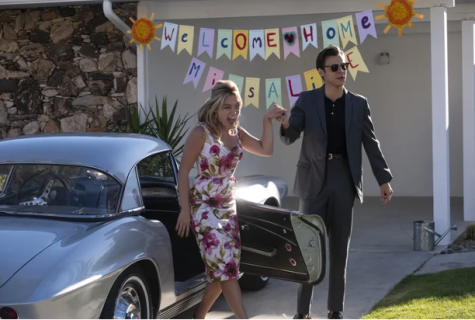WandaVision Hits The Mark
A review of the Disney Plus Series; WandaVision.
While WandaVision is a departure from Marvel’s typical silver screen medium, it has proven to be equally popular among both hardcore and casual fans, and just as much of a success as it’s blockbuster brothers and sisters that came before it. Marvel’s never been a studio to shy away from unique ideas, and WandaVision has proven to be one of their greatest yet: a hybrid superhero action show and sitcom comedy.
Elizabeth Olsen and Paul Bettany are the two main protagonists of the story, playing Wanda Maximoff and Vision respectively (I would like to give a medal to whoever thought of naming their show by using a portmanteau of the two main character’s names). Both characters have previously been relegated to side characters in other MCU movies, forced to cede ground to both the original heavy hitters and newer characters who have had further plot relevance than these two. Multiple times, Wanda’s experiences and actions have had major implications for the Avenger’s fate, and yet Marvel has almost never taken the proper time to analyze these effects on Wanda herself. Even in Avengers: Infinity War, where defending Vision and the Mind Stone were a crucial part of the story, Vision feels like a MacGuffin than a real character, and Wanda isn’t treated much better, once again relegated to the sidelines for most of the movie.
Luckily, WandaVision has come to the rescue, filling in a plethora of backstory issues with Wanda Maximoff, while also heavily developing the relationship between Wanda and Vision that was initially given to us in Infinity War. Alongside Wanda and Vision are an unlikely trio of returning characters, made up of the Thor franchise’s Darcy Lewis (Kat Dennings), Ant-Man’s Jimmy Woo (Randall Park), and Captain Marvel’s Monica Rambeau (Teyonah Parris); as well as pair of new faces in SWORD Director Tyler Hayward (Josh Stamberg) and Wanda’s mysterious neighbor Agnes (Kathryn Hahn). And while this star-studded cast was a treat to watch, serious credit has to be given to the incredible narrative created by director Matt Shakman and head writer Jac Schaeffer. Their ability to hilariously parody previous sitcoms such as Modern Family, Malcolm in the Middle, and even early sitcoms like the 1950s hit The Dick Van Dyke Show; while simultaneously captivating the audience with the suspense, action, and emotional highs provided by classic superhero flicks are phenomenal, and unlike any show (or movie for that matter) Marvel has ever produced.
Finally, one cannot discuss Wandavision without talking about grief. Grief is an integral part of Wanda’s life, with her having experienced the deaths of both of her parents, her brother Quicksilver, and her partner Vision. And rather than shying away from this theme, Wandavision fully commits to portraying it, for the most part keeping a focus on the emotional highs and lows that Wanda goes through while coming to terms with Vision’s death, along with the toll it takes on her and those around her. Wandavision’s ability to effectively portray Wanda going through this experience, when so many other shows fail miserably to do so, is a testament to the strength of all who were involved in this show, and truly elevates it to being one of Marvel’s finest works.
Shakman and Schaeffer took a risk in pursuing this sort of story, but it has paid off in dividends, proving that while the MCU is still at its core a universe of powerful superheroes, wacky aliens, and absurd technology, the right team can produce some truly touching, thought-provoking, and introspective works. While Disney+ and Marvel are returning to more familiar ground with their next series, The Falcon and the Winter Soldier, Wandavision will always hold a special place in my heart, and I’m sure, in the hearts of many other people as well.



